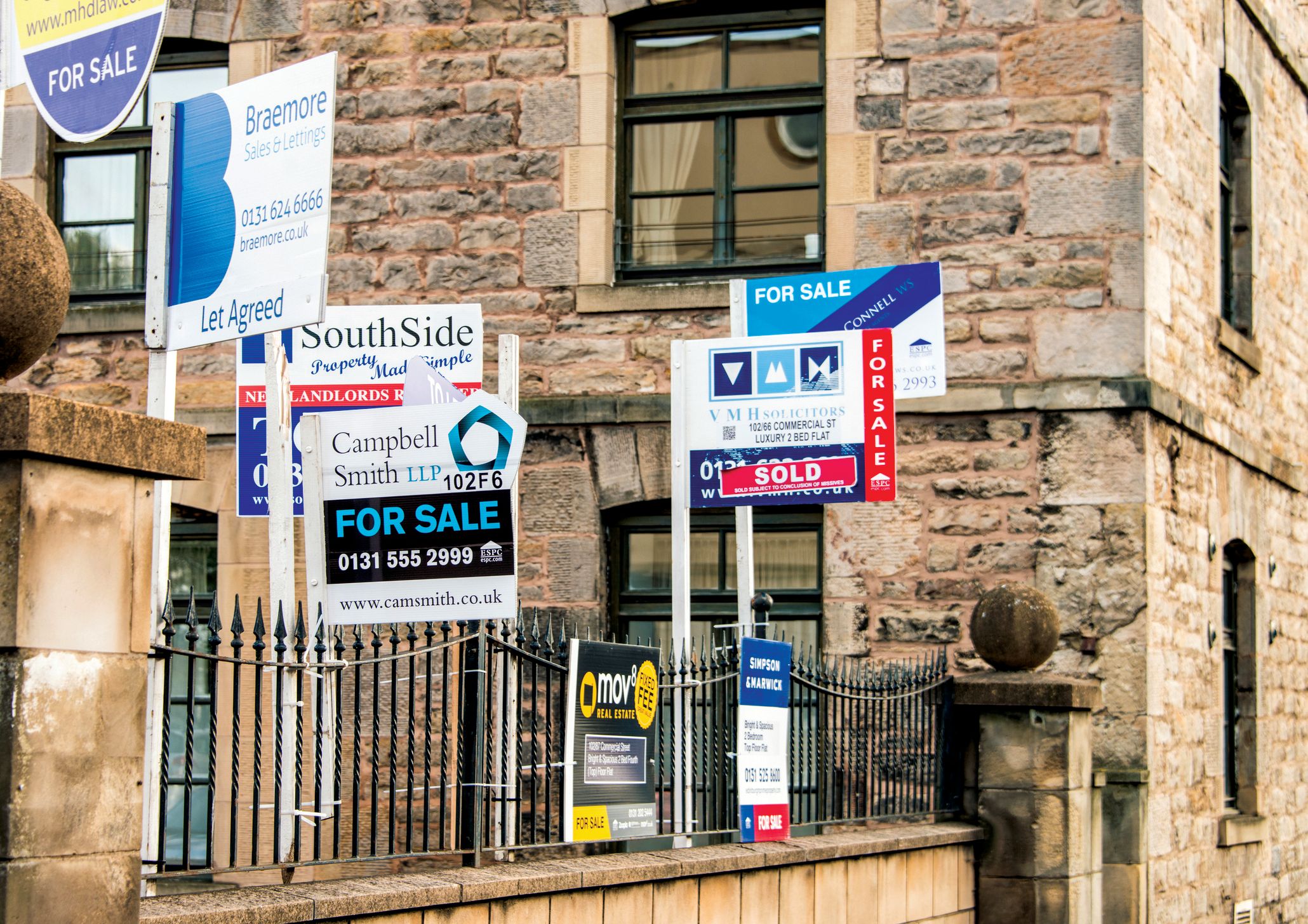
House prices in January fell 0.3 per cent compared to December, according to the latest Halifax House Price Index, the biggest drop since April 2020.
However, the data found that quarterly house prices from November to January rose 1.6 per cent on the previous quarter and were up 5.4 per cent on January 2020.
The average UK house price was £251,968 in January.
Halifax managing director Russell Galley says: “The average UK house price slipped by -0.3 per cent in January, the biggest monthly fall since April last year.
“Whilst this pushed the typical property value down to its lowest level since October, at just under £252,000, prices are around £13,000 higher than a year ago. “There are some early signs that the upturn in the housing market could be running out of steam, with the annual rate of house price inflation cooling to its lowest level since August. Industry figures for agreed sales remain well above pre-pandemic levels but new instructions to sell have decreased noticeably, and total stock held by estate agents has risen to its highest level since before the EU referendum in 2016.
“The stamp duty holiday has undoubtedly helped to fuel growing demand amongst households for larger properties. However, given the current time to completion across the market, transactions in the early part of 2021 probably don’t include many borrowers who expect to benefit from the stamp duty reprieve. “How far and how deep any slowdown proves to be is a challenge to predict given the prevailing uncertainty created by the pandemic.
“With swathes of the economy still shuttered, and joblessness continuing to edge higher, on the surface this points to slower market activity and downward price pressures in the near-term. “That said, we saw the power of homeowners to drive the market in the second half of last year as many people looked to find new properties with greater space, spurred on by increased time spent at home. Such structural demand changes, coupled with any further policy interventions by government, could yet sustain underlying market activity for some time to come.”
Fine and country managing director Nicky Stephenson says: “The lockdown is playing its part in keeping prices as high as they are because it has reduced supply, fuelling greater competition among buyers for what is available.
“The Budget is only around the corner now and, while it remains to be seen whether the Chancellor will extend the stamp duty tax break, he has a big deficit and many other levers to pull that could affect the market in much more significant ways.
“Politicians are used to hearing people cry foul when handouts end. Treasury minister Jesse Norman told a Parliamentary debate earlier this week that the stamp duty holiday has done its job. Therefore the focus could quite quickly shift to other issues, such as capital gains tax.
“The stamp duty holiday has now faded as a force behind agreed sale prices, though some buyers with smaller chains are still hoping to complete before the deadline.”



